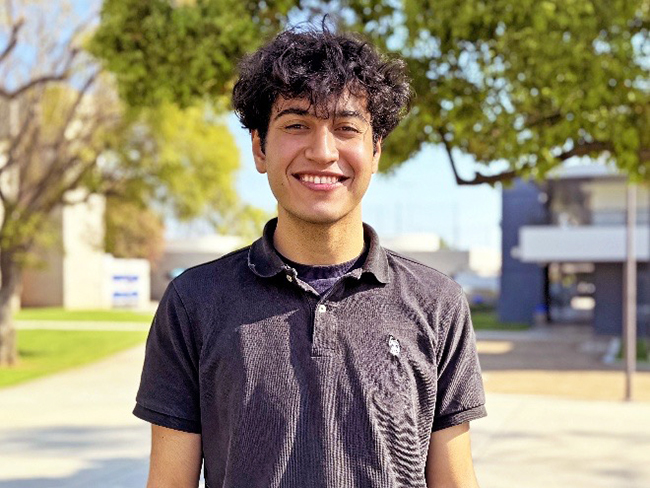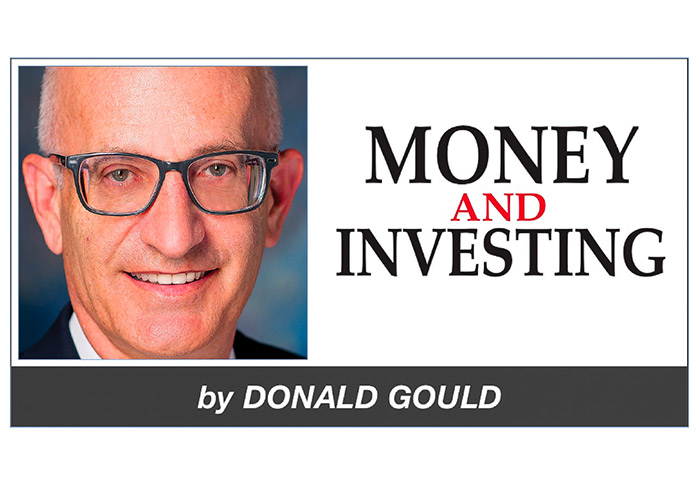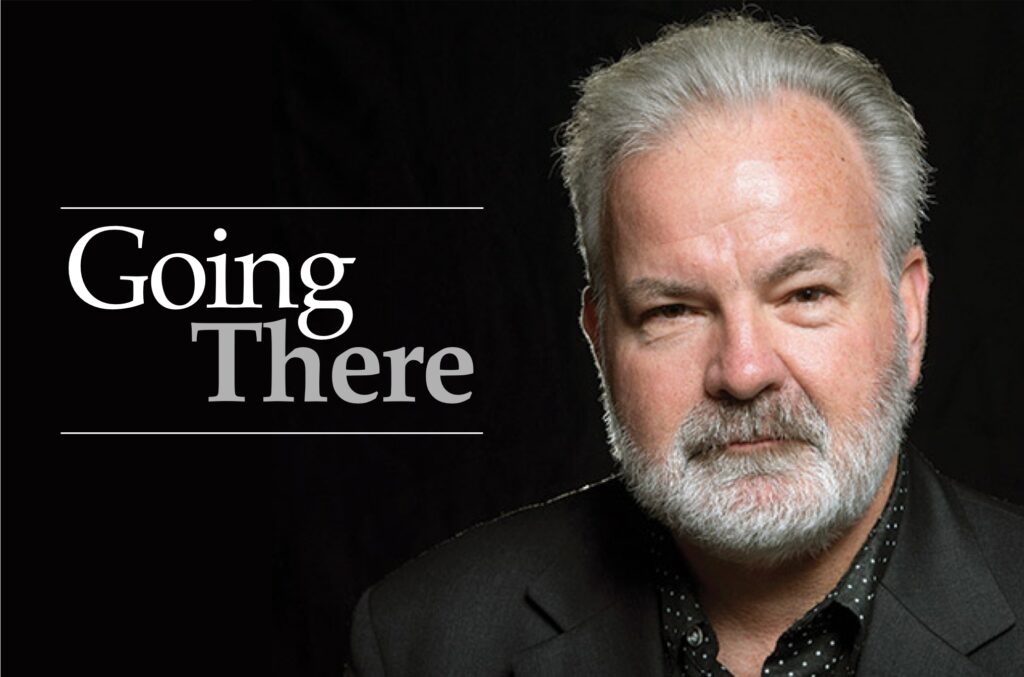#BlackLivesMatter
by Mellissa Martinez
Last week, Americans were paralyzed by the image of George Floyd being held down and slowly strangled by the police. Empathetic people of all races suffered a shared agony. Yet, there was a deeper, more personal anguish felt by black Americans who live with the perpetual awareness that their lives are at risk.
As a recent Washington Post article points out, “when white people see video of unjust police abuse of a white person, it may make us angry, sad or uncomfortable, but most of us don’t see ourselves in the position of the person in the video…When black people see video of Officer Derek Chauvin kneeling on George Floyd’s neck, their [justifiable] reaction is much more likely to be that could have been me—or my son, or friend or brother.” The author asserts that every time this happens, the collective mental health of black Americans suffers. The Black Lives Matter movement was a powerful response to this suffering.
The hashtag slogan #BlackLivesMatter was coined by community activist, Alicia Garza in 2013 following the acquittal of George Zimmerman in the shooting death of 17-year-old Trayvon Martin.
Like other effective rallying cries, it is concise, poetic, compelling, and therefore, effective. The simplicity of the statement forces the realization that black people are still denied the most basic right of mattering. The movement has inspired people of many races to vote, pray, donate, volunteer, and challenge those who choose to ignore the injustice.
For centuries, protest slogans have called for change and pushed others to respond. Chants, poems, songs, posters, and most recently, hashtags have been used as tools for dissent, unification, and action.
Historical mottos such as, We Shall Overcome, Votes for Women, We Shall Bear Witness, Power to the People, War is not Healthy for Children and Other Living Things, and The Future is Female have united people who insist on change.
A successful slogan uses alliteration, rhyme, poetry, symbolism and succinct wording, which is often vital to the impact of a movement. Within the field of linguistics, Speech Act Theory analyzes the way in which words can be presented to promote action. The theory suggests that protest slogans must be assertive and declarative; they should make a commitment, and direct hearers to take action. #BlackLivesMatter does just that.
Recently, there has been much discussion about why the response #AllLivesMatter is seen by many as racist and divisive. In fact, just today I heard a local radio host tackle the question and came across multiple Facebook posts debating the topic. The answer is straightforward: unlike historically impactful slogans, #AllLivesMatter was not born out of anguish or the desire to address a deep-seated inequality; it is not a slogan that stands for change. Rather, it is a copy—a trite response to a powerful and important movement.
To say “All Lives Matter” shifts the conversation away from the inequalities and violence faced by black people by bulldozing with a broader “goodwill” message. It attempts to disarm #BlackLivesMatter by suggesting that supporters don’t care about other people. Who can possibly deny that all lives matter? Now, instead of discussing racial injustice in America, supporters are sidetracked trying to explain that they, too, care about all lives.
There are memes, and articles, which elucidate. In one such illustration, web cartoonist Kris Straub depicts two houses. One house is on fire, and a man diligently sprays the non-burning house. When questioned about why he isn’t spraying the house in flames, he responds “All houses matter!” when urged again to tend to the burning house, he defensively shouts “Are you suggesting that all other houses don’t matter?!! My house has dry rot.” The cartoon men engage in a back-and-forth as the burning house crumbles, killing the people inside.
Another example points out that nobody would infiltrate a cancer fundraiser with signs that scream “There are other diseases that kill too!” And, a recent article shows protesters holding a sign which reads, “YES, All lives Matter, but we’re focused on the black ones right now. OK? Because it’s very apparent that our judicial system doesn’t know that.”
In just the last few months, innocent black men and women have been murdered while shopping, jogging, babysitting, parking, and driving. Every one of us—all lives—should be outraged. As I watched George Floyd’s memorial service yesterday I actually felt a spark of hope. Al Sharpton’s melodic eulogy reminded us that people of all races and ages are protesting; there is an unprecedented unity which has begun with rage but can morph into mobility.
What I found most overwhelming about the service, however, was that thousands of people around the world were watching. Comment after comment of support and love floated up the screen reminding me that the world is grieving together. If every one of the commenters chooses to educate their children, engage in difficult conversations, donate time and money, and change the way they speak and listen, then something important will have begun.
And, for those of us who choose to be true allies, let’s keep our message straight: Black Lives Matter and we must all be in this together.










0 Comments